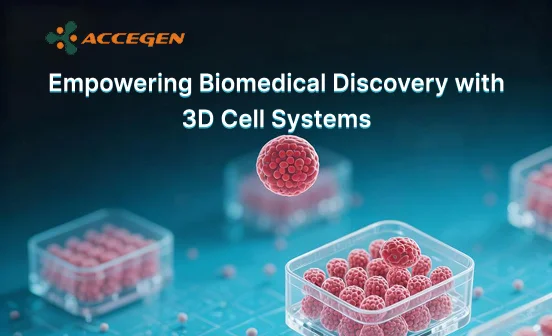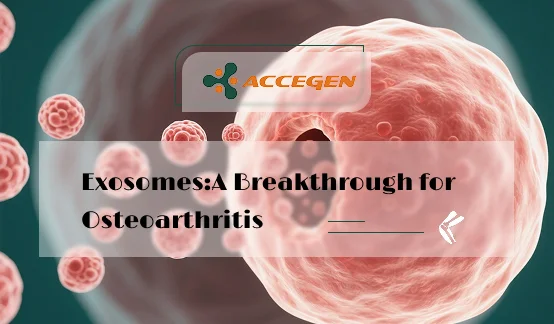- In-Stock Tumor Cell Lines
- Human Orbital Fibroblasts
- Human Microglia
- Human Pulmonary Alveolar Epithelial Cells
- Human Colonic Fibroblasts
- Human Type II Alveolar Epithelial Cells
- Human Valvular Interstitial Cells
- Human Thyroid Epithelial Cells
- C57BL/6 Mouse Dermal Fibroblasts
- Human Alveolar Macrophages
- Human Dermal Fibroblasts, Adult
- Human Lung Fibroblasts, Adult
- Human Retinal Muller Cells
- Human Articular Chondrocytes
- Human Retinal Pigment Epithelial Cells
- Human Pancreatic Islets of Langerhans Cells
- Human Kidney Podocyte Cells
- Human Renal Proximal Tubule Cells
As the life sciences advance at an unprecedented pace, Artificial Intelligence (AI) is emerging as a transformative force, particularly in the fields of Cell Biology, Biomedicine and Health. From automating repetitive processes to predicting complex cellular behaviors, AI is enhancing the speed, intelligence and accuracy of scientific studies.
By bringing together data scientists, biologists, and clinicians, these collaborations are unlocking AI's full potential, accelerating scientific progress and driving therapeutic breakthroughs.
AI in Cell Culture and Screening
Traditional cell culture requires constant human attention in monitoring pH levels, cell confluency, morphological changes, and potential contamination. However, recent advances in AI are transforming this process by automating critical tasks—reducing human error while optimizing growth conditions through real-time monitoring. AI-powered imaging systems combined with machine learning algorithms enable real-time analysis of cell images, detecting anomalies and adjusting culture parameters with minimal intervention. Beyond routine maintenance, AI is revolutionizing drug discovery and functional genomics by efficiently process massive amounts of image-based and multi-omics data, accelerating the identification of drug responses, gene functions, and disease phenotypes—dramatically improving the precision and throughput of high-throughput screening. Furthermore, by leveraging historical datasets, AI can predict outcomes, suggest optimal conditions and design tailored protocols for specific cell types, streamlining research workflows like never before.
Why the Quality of Your Cells Matters
Although AI offers transformative potential to the lab bench, its effectiveness depends on the high quality, consistent input data — starting with reliable biological materials. Misidentified or cross-contaminated cell lines, passage number inconsistencies, or unstable growth conditions can introduce bias into AI-driven culturing or screening systems. These errors may distort results, potentially derailing drug discovery efforts by producing false leads or failed candidates.
That’s where AcceGen come in. We understand the importance of starting with the best. We provide a diverse catalog of high-quality primary cells, immortalized cell lines, tumor cell lines, and more—each carefully validated and accompanied by detailed characterization data. Whether you require human epithelial cells or rare cancer subtypes, our extensive catalog garantees access to the ideal biologically relevant cellular model for your research. Explore us at: www.accegen.com
AI is not replacing scientists; it is empowering them!
By combining intelligent automation with rigorously validated biological materials, researchers can accelerate discovery while maintaining scientific rigor. If you're diving into AI-enhanced cell biology, start with the strongest foundation—premium, precisely characterized, contamination-free cells.

Copyright - Unless otherwise stated all contents of this website are AcceGen™ All Rights Reserved – Full details of the use of materials on this site please refer to AcceGen Editorial Policy – Guest Posts are welcome, by submitting a guest post to AcceGen you are agree to the AcceGen Guest Post Agreement – Any concerns please contact marketing@accegen.com








